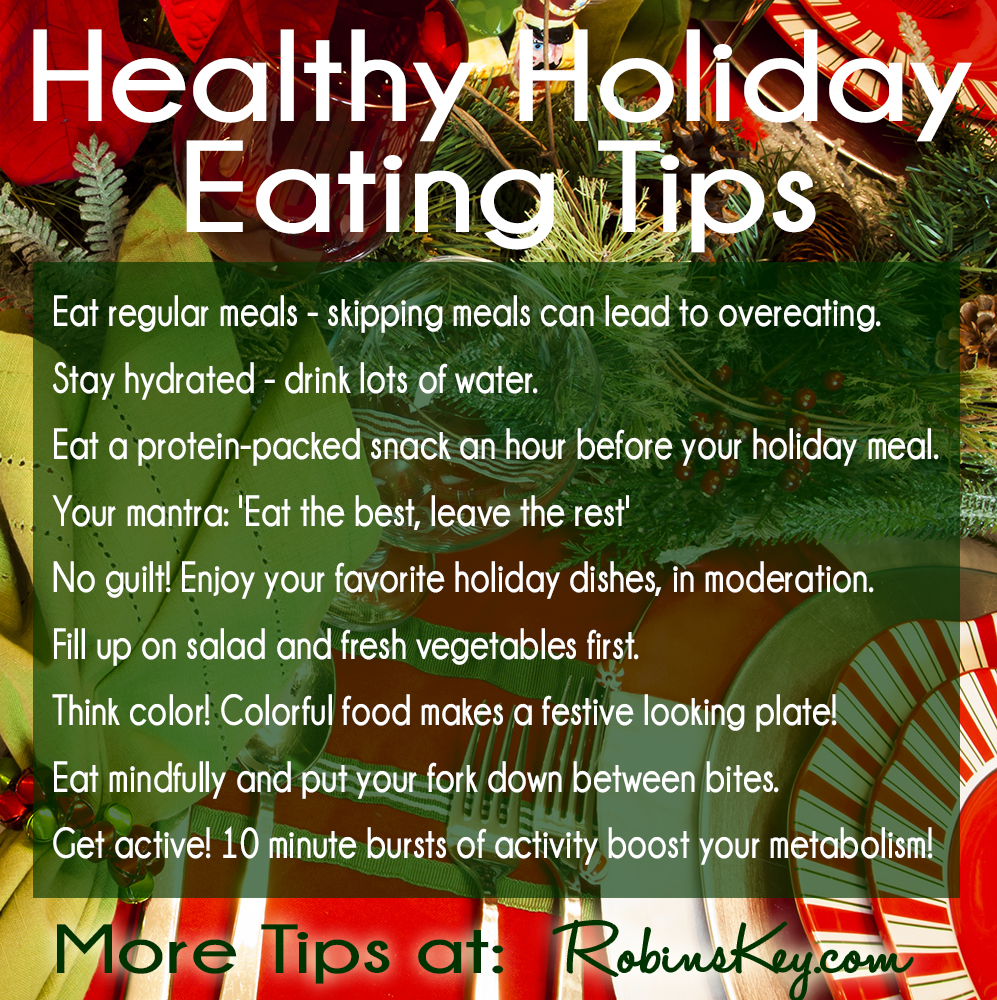Eating is an essential section of our lives. It fuels our anatomies and minds, and it's also a social activity that brings us as well as family and friends. However, with so many food choices available and conflicting information regarding might know about and shouldn't eat, it can be challenging to make the right choices. In this blog post, we'll share some eating ideas to help you eat healthily and enjoyably.
Plan Your Meals
The most effective methods to eat healthily would be to plan your meals beforehand. When you plan meals, you have significantly more control over everything you eat, and you're less likely to make impulsive food choices. Take the time each week to plan meals, including breakfast, lunch, and dinner. Ensure that you include a variety of nutrient-dense foods, such as for example fruits, vegetables, whole grains, lean protein, and healthy fats.
Eat Mindfully

Mindful eating is a practice that involves paying attention to the meals you're eating, savoring each bite, and listening to your hunger and fullness cues. Once you eat mindfully, you're more likely to enjoy your meal, and you're less likely to overeat. To practice mindful eating, try to eat without distractions, such as for example watching TV or using your phone. Take the time to savor each bite, and pay attention to how the body feels before, during, and after eating.
Choose Whole Foods
Whole foods are foods that are minimally processed and do not contain added sugars, artificial flavors, or preservatives. Examples of whole foods include fruits, vegetables, whole grains, nuts, seeds, and legumes. Whole foods are nutrient-dense, meaning they provide a great deal of nutrients per calorie. They're also generally reduced calories than processed food items, which can help with weight management.
Limit Processed Foods
Processed foods are foods which have been altered for some reason, such as by adding sugar, salt, or fat, or by removing nutrients. Examples of processed foods include sweet drinks, candy, chips, and frozen dinners. While processed foods could be convenient and tasty, they're generally less nutrient-dense than whole foods. They're also often saturated in calories, sugar, and sodium, which can contribute to weight gain and other health problems.
Practice Moderation
While it is important to eat healthily, it's also essential to practice moderation. You don't have to eliminate all of your favorite foods or follow a strict diet to be healthy. Instead, make an effort to enjoy your favorite foods in moderation. For example, if you love pizza, make an effort to limit yourself to a couple of slices and pair it with a side salad or some fruit. If you enjoy dessert, make an effort to choose a small portion or share it with another person.
Stay Eating Tips
Drinking enough water is vital once and for all health. Water helps regulate body temperature, lubricate joints, and transport nutrients through the entire body. It's also essential for proper digestion and can help with weight reduction. Aim to drink at least 8 glasses of water per day, or even more if you're active or reside in a hot climate.
